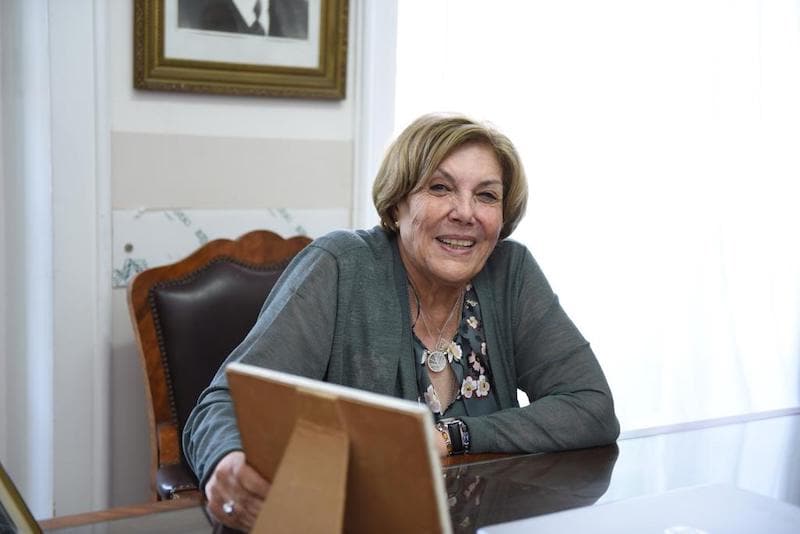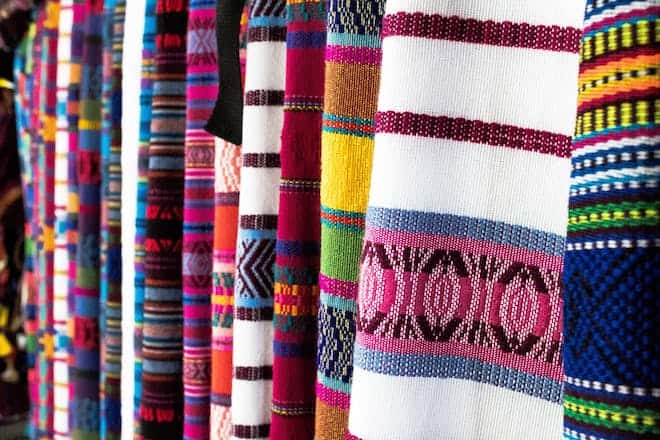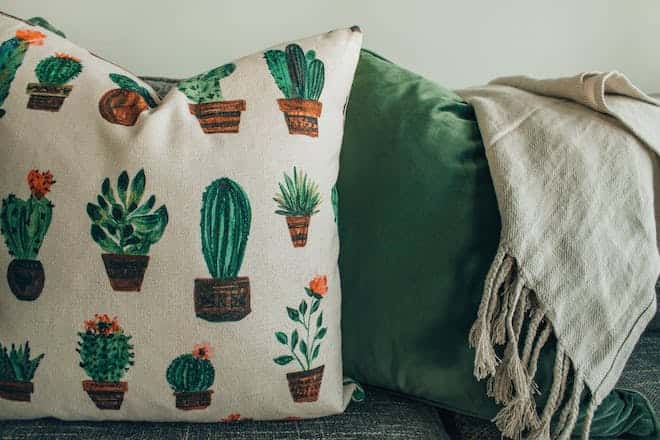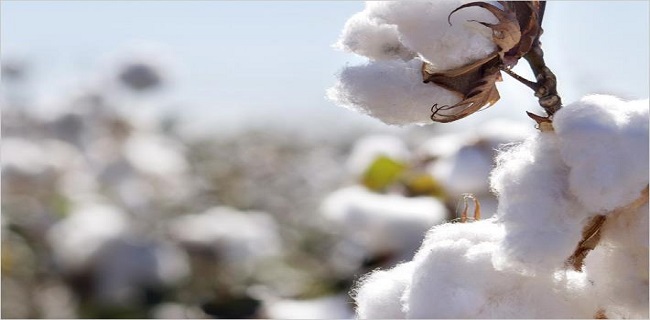Interview with Laila El Gammal – Nobeltex President
By : Kohan Textile Journal
Nobeltex is part of a family-owned group of companies representing first-class international suppliers of textile machinery & accessories, air conditioning systems and fire protection systems in the Egyptian Textile Market.
Please let us know more about Nobeltex company, its history and success story.
It was established in 1990 by Eng. Laila Mohamed El Gammal and currently represents some of the biggest textile machinery manufacturers in the world such as Rieter, Picanol, Staubli Group, Saurer Group, Luwa….
The other 2 companies in the group are G.I.E.S established in 1958 by Eng. Mohamed Hussein El Gammal (also supplying textile machinery and fire security systems) and IEI established in 1999 by Eng. Laila Mohamed El Gammal (for fire protection installations).
Our experience in the textile field spans over more than 60 years. We have supplied and continue to supply the textile industry with machinery for spinning, weaving, dyeing, embroidery, twisting, doubling, rewinding and finishing as well as with systems for humidification, ventilation and waste removal.
We also supply, install and maintain fire protection systems for various industries, including the petroleum and the tobacco industries.

For many years now we have been supplying only the highest quality equipment and providing comprehensive and integrated services. Thanks to our vast experience and specialized engineering and sales teams, we also offer our customers after-sales, field and electronic repair services to help them achieve their goals and to meet their business needs.
How do you evaluate the textile and fashion industry in Egypt in COVID-19 pandemic period?
Egypt’s garment & textile manufacturing sector has been hit hard by the COVID 19 pandemic, as many orders were cancelled or delayed. Although some factories remained open, they operated only at reduced capacity while some of the country’s largest manufacturers stopped their production altogether for 1 month as brands put their orders on hold and postponed payment dates.
Exports dropped by 1% in January as compared to the previous year then plunged by 31% in February and were down by 22% in March, according to the Export Council figures.

According to the International Textile Manufacturers Federation (ITMF), many suppliers and manufacturers worldwide were not able to survive the pandemic. To avoid this fate, the Central Bank of Egypt has arranged bailout packages at low interest and offered subsidized loans and debt relief to help local companies survive the pandemic.
As a leader textile Company in Egypt, how do you evaluate textile and fashion industry in the Middle East and North Africa and its potential in Future?
North Africa:
Tunisia is among the top 15 garment suppliers in the world and has the advantage of being close to the European market. It is the fifth-largest supplier to the European Union, as well as the leading trouser supplier to the EU. Other important products are workwear and lingerie.
European countries import 96 per cent of Tunisia’s total textile and apparel exports; France, Germany and Italy alone receive 75 per cent. Expertise is spread over spinning and thread-making, fabric weaving, finishing, hosiery, knitting, the manufacture of woven and knitted clothing as well as other textile products. The main foreign investors in the apparel sector in Tunisia are France, Germany, Belgium and Italy.

In Morocco, the textile and clothing industry is a strategically important sector for the economy. It accounts for 7% of all industrial added value and 5% of all industrial production. The sector includes 27% of all industrial employment. Moroccan production includes fast fashion, knitwear, denim and textiles for the automotive and aeronautical industries.
The sector is undergoing an intense process of redevelopment to better align with industry demands in areas from fast fashion to sustainable production. Programmes are implemented to help the companies develop and address their weakness, diversify into new markets, expand sales, even help them gain access to finance so that they can get the investments needed to grow their businesses and upgrade their technology. Sustainability is one area of focus, with a lot of new technologies being implemented such as the use of ozone, laser, water treatment plants and recycled waste processing.
Morocco’s government has supported the industry to become more competitive, with an Industrial Acceleration Plan 2014-2020 coming to an end this year. A broader economic growth plan looking forward to 2025 is due to start in 2021, and is targeting market growth, production, quality, employment and export sales in the textile and clothing sector.
Morocco’s clothing and textile exports to the EU in 2018 represented 18.5% of the European bloc’s total imports from the country. Within this total, clothing accounted for over 90%. Being so close to Spain should make Morocco a natural leader in short orders and fast fashion for European markets. However, one of the biggest challenges it faces is the duty-free rules of origin that it must follow to access its key markets in France and Spain, which puts the emphasis on the sourcing of primary materials (Morocco doesn’t have a sophisticated textile industry up-stream so they must outsource the fabrics). Morocco is therefore in negotiations with the EU to forge a new free trade agreement and is collaborating closely with Tunisia during the trade talks as they decided to negotiate as a front, instead of individually.
There is obviously the potential for further growth in both countries.

Middle East :
Although the textile industry in Saudi Arabia has been growing, the majority of textiles that are purchased domestically are still imported. The population of the Kingdom is relatively young and growing, with a preference for high-end brands.
The textile industry in Syria has always had a prestigious status. In 2009 the textile industry contributed 27% of the net non-oil industrial production in Syria forming approximately 45% of non-oil exports. 30% of the total workforce was employed in this industry. There were over 24000 registered textile industrial facilities, and more that were not registered. The cotton and spinning industries were monopolized by the public sector, while the private sector controlled most other textile industries. The industry flourished due to a number of advantages such as cheap labour, stable supply of raw materials, technical accumulation and good transport network.
But after years of war, a large number of textile factories were destroyed, travel routes necessary for the transfer of yarns and other materials to weavers were cut and workers were displaced. It is estimated that 70 per cent of Syrian textile factories were closed or destroyed because of the war. Many Syrians moved their business to Egypt, either by relocating their existing factories or by investing in new plants.
If Syria can regain its peace and political stability, its textile industry will undoubtedly regain its status as one of the major players worldwide.
Covid 19 shows us we should rely more on sustainability and green products, how do you evaluate sustainable textile and fashion market and its relation to pandemic?
Even before the covid 19 pandemic the global trend in the textile and fashion industries – just like in all others – was towards sustainability and green products. The textile industries’ growing environmental footprint had caused environmental advocates to conclude that the current model of consumption, production and organisation of work is unsustainable sparking initiatives to advance sustainability in the industries.
Governments’ green growth policies, consumers’ demands for sustainability and civil society organizations’ concern about the environmental footprint of the industries have spurred action to adopt new technologies, business models and production processes to protect the environment and limit the industries’ contribution to global warming and its related effects.
These include organic cotton production, drip-irrigation cotton growing, the use of replacement materials or recycled cotton to reduce cotton use, the introducing of dyeing processes using no or little water, resource-efficient washing, reduction and regulation of chemicals use, the introduction of less resource-intensive machinery, using solar panels or other renewable sources of clean energy, and avoiding high volumes of wasted or unsold stocks. However, since these approaches can be costly to implement, the uptake of green and clean solutions in the industries has been relatively slow so far.
In Egypt also environmental protection has gained significant importance. Textile factories are now forced to implement strict measures to reduce any possible negative impact their operation may have on the environment and/or the population.
Additional measures have been taken during the covid pandemic to ensure the safety of the workers as companies reduced the number of workers per shift, gave workers with sensitive medical conditions paid leave, performed regular testing on the workers, provided them with protective and sanitary material and took all the measures advised by the WHO.
Recently Egypt government start to fund huge investment on textile industry like opening world biggest cotton spinning mill. How do you evaluate government support for developing Egypt textile sector?
Developing Egypt’s textile sector has been an outspoken priority of President El-Sisi and the government has taken active steps to realize this goal. Huge public investment has been allocated to launch bold new projects, building state-of-the-art textile plants, but also to renovate existing public sector textile companies. The government is also helping struggling private sector to restructure, thru financial packages, in order to bring them back to full capacity production.

The president has just inaugurated the first phase of the textile project in the new industrial complex in El-Roubiki, which includes 6 spinning and weaving mills (a fine yarn spinning mill, a coarse yarn spinning mill, 3 mills for weaving preparation and for circular and plain weaving, and a dyeing and printing mill).
All mills are equipped with the latest machines operating according to the most advanced systems and technological programs. The first phase only exploited 50% of the total area and will also witness the opening of 3 further factories by the end of the year, indicating that Egypt is heading into a “great awakening” in the field of spinning & weaving to hopefully regain the glories of the past.
On the other hand, the Holding company for cotton, spinning, weaving and garments (a subsidiary of the ministry of Public Business Sector) has been steadily implementing its new strategy to modernize its existing companies. After signing a huge contract last year with the leading textile machinery manufacturers in the world for the supply of their machines to its various subsidiaries, it lately signed a cooperation protocol with the National company for general contracting and supplies – a company of the national service projects authority in the armed forces – to implement a number of projects to establish and/or develop various mills in some of its subsidiaries as part of their development plan. The overall plan will cost 21 billion Egyptian pounds.
The President’s ambitious plan to upgrade and restore the textile industry to its past glory is part of his effort to support and develop the national economy, to foster economic growth, to generate income, to create more jobs and to improve people’s living standards.

Since the industry is a labour-intensive one, these projects will result in creating many new job opportunities and saving many current jobs (the new project in El-Roubiki provides 1350 direct job opportunities and 12000 indirect one). Another big advantage will be increasing the country’s textile-related exports.
The President has also shown serious intent on protecting whatever area remains of the agricultural land and on encouraging farmers to grow more cotton by ensuring that they can sell their crop at lucrative prices. This will allow Egypt to keep its competitive edge in producing its famous “Egyptian Cotton” as well as make more raw materials available for the new and existing plants.
The growing economic development that Egypt is witnessing and the serious reforms that have been implemented have created an environment conducive to investment and have provided more promising opportunities for foreign investment in all fields including textiles. All this will undoubtedly result in a significant boom in the textile Industry in Egypt in the near future.

Contact Nobeltex SARL.
41, LA Gare Avenue, L- 1611, Luxembourg
Tel +352621502020 / +352621640000
Alexandria Branch:
40 Safia Zaghloul Street. Alexandria-Egypt
Tel : +20 3 4876220 – 4841093
Cairo Branch:
188, El Nil Street, Agouza, Cairo-Egypt
Tel : +20 2 33035744
www.nobeltex-gies.com
Laila El Gammal Mobile: +201222116595 / +201002116595
Nayla El Tawil: +201222157331




















This is Mehedi Hasan from Bangladesh .I am a Textile Engineer .I have 5 year experience in Marketing .I would like to be a part of Nobeltex from Bangladesh .
i m interested to be part of nobletex
I AM VERY MUCH INTERESTED IN TEXTILE MACHINERY AND SPARES LET YOUR MARKETING MANAGER CONTACT ME ON MY EMAIL ADDRESS.
Regards.F.Kapasi.
Dear Sir,
We would like to get an opportunity to introduce our company to you. Please see here our brief company introduction.
Saifi Impex is a Manufacturing and Importer of Textile Accessories for Spinning and Weaving. We are specialist in Plastic, Rubber & Bakolite Molds, Fabrication & Engineering Precision Works. We work with a commitment to provide optimum quality, high value and better services to our clients. The teamwork of Saifi Impex, results in production of merchandise to meet the defined parameters of our valued customers, those are:
Consistency in terms of Quality and Production.
On-Time Delivery
Acceptable Price-Level
We hope, we shall receive your valued favor and a chance to serve your mills. Please enlist our name and call us for services.
Best regards,
Rashid Wadood
Saifi Impex
House# 122, Street#7, Scheme#1,
Dharampura, Lahore-Pakistan
Cell: 0092-0312-5171162
E-mail: [email protected]
Thanks for your report